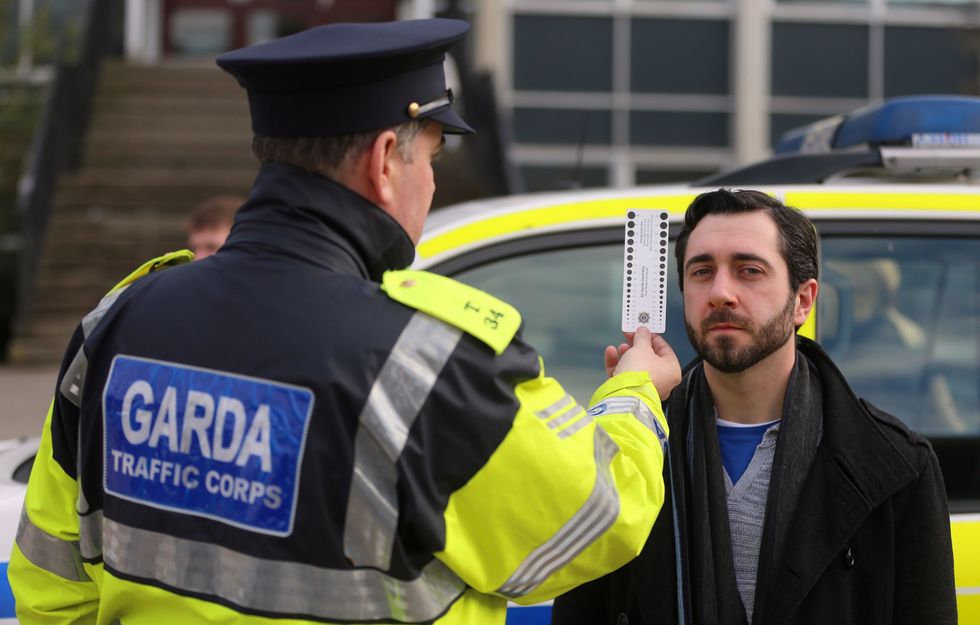Britons risk motoring ban and prison for driving when taking common medicines

Drivers should check with a medical professional before driving when taking medication
|GETTY

The maximum penalty for causing death by careless drug driving is life imprisonment
Don't Miss
Most Read
Britons could be hit with huge fines, a driving ban or even a stint in prison if they take common medicines or medication.
Experts are warning drivers of legal medicines and widely-used painkillers which could impair their driving and lead to serious punishments.
Some popular medicines include codeine, which can be found in Nurofen Plus, and is often used to treat the symptoms of a cold or migraine.
These ingredients can cause people to become drowsy and dizzy, which could potentially lead to drivers becoming unfit to continue on the road.
WATCH NOW: Transport Secretary Mark Harper unveils plan to back drivers
Someone caught drug driving could be banned from the roads for at least one year, an unlimited fine and up to six months in prison.
Their driving licence will also show that they have been convicted of drug driving, with this “endorsement” staying on their record for 11 years.
Punishments are even harsher if a driver is caught under the influence of drugs which leads to an accident.
The maximum penalty for causing death by careless driving under the influence of drugs is life imprisonment.
Anyone convicted of drug driving will see their car insurance costs rise significantly and they may have trouble travelling to countries like the United States.
If they are required to drive as part of their job, their employer will be able to see their conviction on their licence.
GOV.UK states that a number of prescription drugs could see drivers affected and potentially impaired when at the wheel. This includes:
- Amphetamine, for example dexamphetamine or selegiline
- Clonazepam
- Diazepam
- Flunitrazepam
- Lorazepam
- Methadone
- Morphine or opiate and opioid-based drugs, for example codeine, tramadol or fentanyl
- Oxazepam
- Temazepam
Motorists can continue to drive on these drugs if they have been prescribed them and followed advice on how to take them by a healthcare professional.
They can also be used if they are not causing the driver to be unfit to drive, even if they are above the specified limits.
People should ask their doctor whether they should drive if they have been prescribed with any of the listed medications.
The police can carry out a “field impairment assessment” if they believe someone is under the influence of drugs.
LATEST DEVELOPMENTS:

The police can carry out a “field impairment assessment” if they suspect someone is under the influence
|PA
Drivers can be prosecuted if they have certain levels of the listed drugs in their body and have not been prescribed them.










